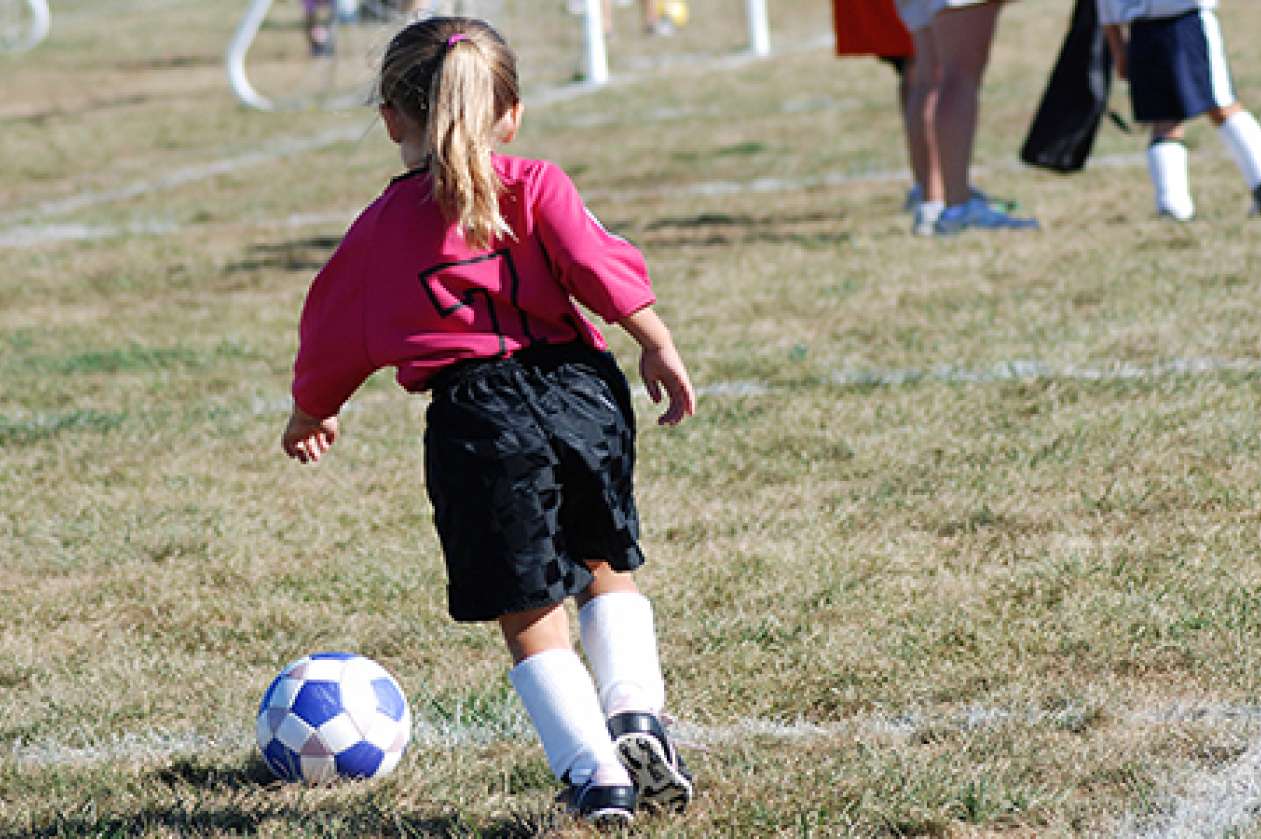
Parent expectations in soccer: Focus on what your child wants
What can parents do when they feel their child’s experience is not what it could be? They want the best for their kids, yet they don’t want to create a conflict with the coaches.
In the previous article I explained that it’s okay for parents to want a positive sports experience for their children. Rather than giving up and just accepting a bad situation, it is possible to address these issues in a respectful and constructive way.
In this article, I want to present the first of three steps that you can take as a parent when things are not totally right with your child’s sport experience.
The first thing to do is to ensure that your uneasiness is true – that it is based on what kids expect out of sport and not out of your own personal dissatisfaction. So, why do kids play sports in the first place?
A Michigan State University study asked kids why they play sports. The top three responses were:
- To have fun
- To do something I’m good at
- To improve my skills
Second in the ‘Parent expectations in soccer’ series
This four-part series details what parents can do to ensure that their kids are having a good experience in soccer.
Start here:
• It’s okay to want your kids to have a good experience playing soccer
Next in the series:
• How to determine if your child is having fun, and if they are developing skills
• How to communicate appropriately with coaches
I dug a bit deeper and found a website dedicated to the same question. A few years ago Peter Barston began asking kids, “Why do you play sport?” Over the years, thousands of kids have responded to Barston’s survey.
The results [PDF] were similar to the Michigan study: The top three reasons kids play sports are to “have fun, to improve their skills, and to stay in shape”.
An article on the same topic in Psychology Today also lists “having fun and improving my skills” as the top two reasons that kids play sports.
So, it’s simple: If your child chooses to play a sport, it’s reasonable and justified to expect that the experience is fun and that they develop their skills through the process.
If your “unease” comes from other reasons such as their team is losing or won’t make the playoffs, then it’s better to let things be.
It goes without saying that most people understand that kids expect minor sport to be a fun experience. But it’s not always clear for minor sport associations and coaches that most kids want to improve at what they do. As well, the more skilled a kid becomes in any activity, the more they enjoy doing this activity. These two facts are key.
In the next article in this series I’ll share with you how you can determine if your child’s team is meeting the basic and fundamental expectations of fun and development.





